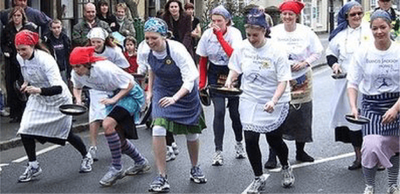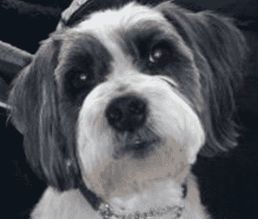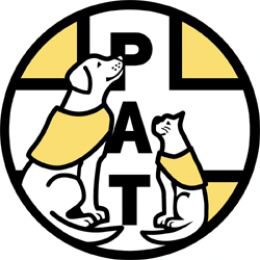 Dogs may be man's best friend in many ways but, as with all things in this life, there are exceptions to the rule; we should never generalise anyway. Dogs may be man's best friend in many ways but, as with all things in this life, there are exceptions to the rule; we should never generalise anyway. Ever wondered though how dog's became known as man's best friend? When little Fifi rests gently on your lap, it is so easy to forget that this cute dog is related to the wolf family. All the domesticated dogs around today, no matter what breed they are, have their origins in the Wolf family. Their closest ancestors are the coyote, jackal and wolf family of animals. Dogs also have a more distant link to other wild dogs and foxes. The early dogs gathered together to hunt in packs. This was their best chance of survival and it worked. As mankind developed these packs of dogs, others were attracted to the areas where Man had set up camp. Such camps or settlements would include a few families and the dogs were able to scavenge for extra food and warmth. It is thought that a small number of cubs may have been brought into the settlement and raised by the people who lived there. This could have been as the cubs were orphaned. Whatever happened, the relationship began. These semi wild dogs were useful in assisting with hunting for live food, eating discarded food left around the area and guarding the settlement. It is also possible that when food was scarce these dogs became food themselves for their human companions. Dogs evolved over time and man played a part. Dogs were bred to satisfy the requirements of the settlement. With time, this selective breeding led to distinct breeds. Therefore, it would seem that man has had a distinct relationship with dogs for many years. Dogs have been companions and working animals for centuries. Of course, over the years this relationship has changed somewhat, and dogs have adapted. With man less of a hunter-gatherer these days and people in general enjoying a more sedentary lifestyle, dogs are kept more as a pet than as a working animal. However, there are still working dogs such as sheep dogs which are usually Collies, and guard-dogs which may be Alsatians or as they are also known German Shepherd dogs. Man's fascination and love of his four-legged friend, his dog, has meant that there are now kennel clubs around the world, dog shows and various thoroughbred or pedigree animals. Unfortunately, pedigree dogs often have associated health problems, which are bred into the particular breed, due to kennel club demands. Unbelievably there are around seven or eight hundred different breeds of dog around the world. Some are specific to one particular country or region and so may be unheard off in say the USA or the UK. Until recent years, the UK had strict regulations regarding the movement of dogs from other countries, in order to prevent the spread of rabies to its shores. These measures worked and the UK remained rabies free. Currently these regulations have been relaxed a little and it is possible for dogs in the UK to be examined and passed fit for travel. They actually are given a passport, which contains proof of their fitness. Much as people love their dogs, many animals are abused and neglected around the world. Sometimes this is due to ignorance but, more often than not, it is just cruelty. Dogs are still eaten in some countries and, in such places, are seldom euthanized humanely first. The struggle goes on to stop such practices. Check out the World Wildlife Fund for information on how you can help. With neglect of dogs on the increase, there are always far too many dogs in rescue centres, waiting to be re-homed. These dogs often make lovely pets but they may have poor health over the years, depending on the maltreatment, which they have received in the past. Overall dogs make great companions. They are loyal, obedient once trained, fun, will help guard and protect you and your home and will make a faithful friend for many years. Is it any wonder that dogs are called, Man's Best Friend? Personal experiences With six dogs over 40 plus years this blogger has learned one simple fact and that is dogs love to please. All of my dogs, except for one, have been rescued from traumatic situations yet all still wanted nothing more than to please their owner. The cruel acts meted out on these dear animals have varied from cigarette burns, abandonment, starvation and general cruelty to downright neglect. However, each dog's overwhelming desire, once we had got to know each other, was to please us. A dog's eyes are constantly upon you assessing your mood and trying to anticipate your next move. However, this is never done in a suffocating way, as a person might. It is always on the human being's terms. Dogs do not argue back but blindly follow your lead. In the training stage this may not always be true but, if you become the pack leader, your dog will follow you. On the whole dogs are not very demanding creatures and simply require grooming, fresh water, food, exercise, a home and love. Whether, in the case of my dogs, this desire to please be because they were just so happy to get a good home at last, or the 'man's best friend' syndrome, I do not know. I do wonder sometimes at a dog's loyalty to a cruel owner and why the dog just doesn't scarper at the first opportunity. One of my dogs was regularly thrown, quite literally, through the glass windows of the home, along with the furniture, when her horrible, previous owners were having an argument. To this day I do not really know why she just did not take a risk and run off once she was outside. I suppose it was fear of the unknown or perhaps blind loyalty to the owner. This loyalty in a dog is something which some people do not like, I know. Cat owners, and cat lovers, will often see this doggie trait as a failing, especially by comparison to a cat's independent personality. One thing with most dogs though is, that they are very faithful creatures, however misguided this loyalty may be at times. Dogs are obviously not your best friend in lots of ways, unless you are a sad individual with no people and human friends in your life but they are loyal, reliable, accept you, warts and all, will easily forgive your ups and downs and will try to comfort you when they can. As in life, in general, not all dogs will be the same but usually you will find that a dog is yours, come what may, providing that you treat it right. As with people, dogs like friends do occasionally let you down unfortunately. http://www.mans-best-friend.org.uk/history-evolution-dogs.htm
0 Comments
It's Cheltenham Festival 2017 in the UK and race-goers who love the 'sport' will be tuning in on TV or attending the races, placing bets and having a ball but during our horse racing season many animals will be raced to the death.
Animal lovers will rightly in this blogger's opinion find it hard to assess horse racing as a sport but it is a big money-spinner and as such will continue. Race Horse Death Watch online keep a tally of animals that have died racing and the figure continues to increase. In 2015 two fatalities at Cheltenham were soon recorded; Theatre Queen was injured in a fall on March 10 and destroyed; Rolling Star fell on March 11 and also died. Sadly this is par for the course. The worst race for horse deaths in the UK can be the Grand National which plays out in April but the Cheltenham festival also has a bad track record. When you look at details of the deaths on Race Horse death watch you realise that the animals involved in racing are enduring fatal falls way too often. And the UK is not alone is using and abusing horses in this way. Lovers of horse racing will disagree and try to spin the situation differently but no person can deny that horses give all they have and often die in the process. For the owners and jockeys there will always be another horse to replace the dead animal. Those involved in horse racing may by and large treat the animals well but in the end they are treat as a piece of equipment that allows a win and a way to make money not a living creature. No matter how horse racing is spun animals die before their time and some are abused along the way. Check out Race Horse Death Watch online for the latest figures. As of March 12, 2015, the total stood at 1244 deaths in 2922 days, that date is from the watch's creation on March 13, 2007, but March 14, 2017 it reads 1507 deaths in 3,655 days! [The Gold Cup takes place on the last day of the Festival, the Friday. This year that’s March 17] Cheltenham http://www.thescavenger.net/social-justice-sp-24912/animals/708-horse-racing-the-hidden-cruelty-revealed.html http://www.peta.org.uk/blog/the-grand-national-8-things-they-dont-tell-you-about-horse-racing/ Your pet dog may need dental treatment with age. This can be costly for you and stressful for your pet.
Making sure you feed your dog a sensible diet is a must but some dogs, like some people, are more prone to dental plaque and associated problems. Getting into the habit of cleaning your dog's teeth may not be easy but it could be cost effective and save your beloved pet the terrible pain of toothache and pain following tooth extraction. Brushing a dog's teeth is never easy but, depending on your dog and its diet, it may be very necessary. Poor oral hygiene can ultimately add to health problems and could affect the animal’s heart. Dogs hide their pain well and so your pet could be suffering a fair amount of pain or discomfort before you realise it has a problem. Firstly think about what you are feeding your dog. Dogs should not have sugary and sweet treats. They are not good for their health, or their teeth. Many of the proprietary treats that claim to help clean a dog's teeth either do not work well, or are laden in calories with high amounts of protein. The first will make your dog fat and the second may make it hyperactive, so both are best avoided. Many dogs love raw carrots and apples and vets often recommend these as a healthy treat, which will not damage a dog's teeth and may help clean them a little. Make sure though that your dog does not consume any apple pips. Dogs usually love cheese also which can clean teeth a little but this is not really good food for a dog as it is full of fat. Obviously the occasional treat should do no harm, but give plenty of thought to your dog's diet for the sake of its teeth, weight, health and your bank balance. After all many shop bought dog treats are quite expensive. So what is the best way to actually clean a dog's teeth, if and when you have to? The best way is to introduce your dog to teeth cleaning when it is a puppy. That way it will get used to you touching its mouth, teeth and gums. Normal toothpaste is not appropriate for cleaning your dog's teeth. Sometimes it may even make your dog ill or cause an allergic reaction. Most veterinary surgeries and pet shops will sell proprietary dog toothpaste which is often meat flavoured, such as chicken and ham. These are less foaming than people toothpaste. The bonus is that dogs love this meaty toothpaste. The first time you want to clean your dog's teeth just try placing the brush briefly in your dog's mouth. Use the smallest toothbrush available. Then try again later with a small amount of dog toothpaste on the brush. Gradually build up the time spent cleaning your dog's teeth. Give the dog a chance to get used to the general feel of tooth cleaning and to understand that this practice will not harm him or her. Either buy a child's toothbrush or a specific dog toothbrush, as you will only want to use a relatively small brush. Finger tooth pads are useful for cleaning dog’s teeth. These are very convenient. They resemble finger caps which are sometimes used in offices to aid filing. The difference is there are small bristles on one side. They can be purchased cheaply from veterinary surgeries. You simply slip this finger brush onto your index finger and then slip your finger into the dog's mouth. Most dogs seem to prefer this to a brush, as such. It is gentler, will reach even the back teeth and can access problem areas. Do not forget though that despite your best efforts, just like people, some dogs will produce more tartar than others and may need some dental work. Also as a dog ages teeth can become cracked and worn. Most vets will offer a scaling and polishing service for a dog's teeth. They will also be able to remove decaying teeth, if necessary. Remember though that the dog will need to have anaesthetic and so the fewer times such treatment has to be done the better. Overall try to establish a basic teeth cleaning routine for your dog as, in the long term, it will save you money on costly veterinarian bills and will save your much loved pet unnecessary suffering and pain. |
Archives
September 2018
Categories
All
|

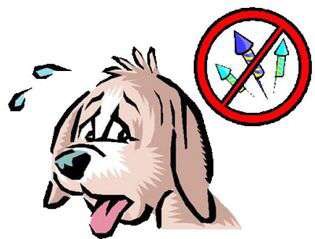
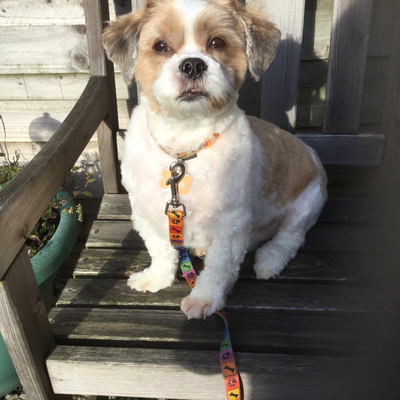
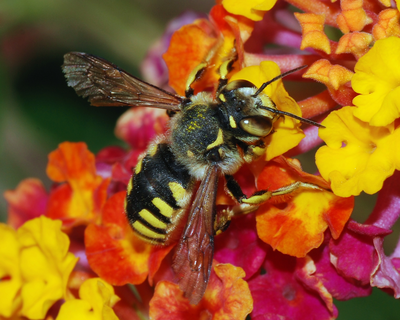
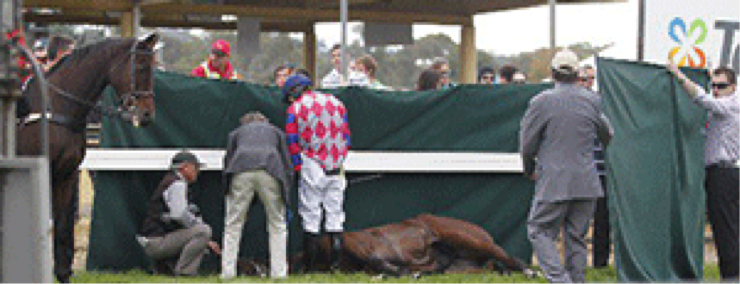

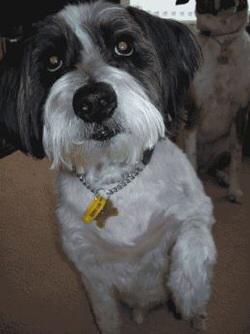
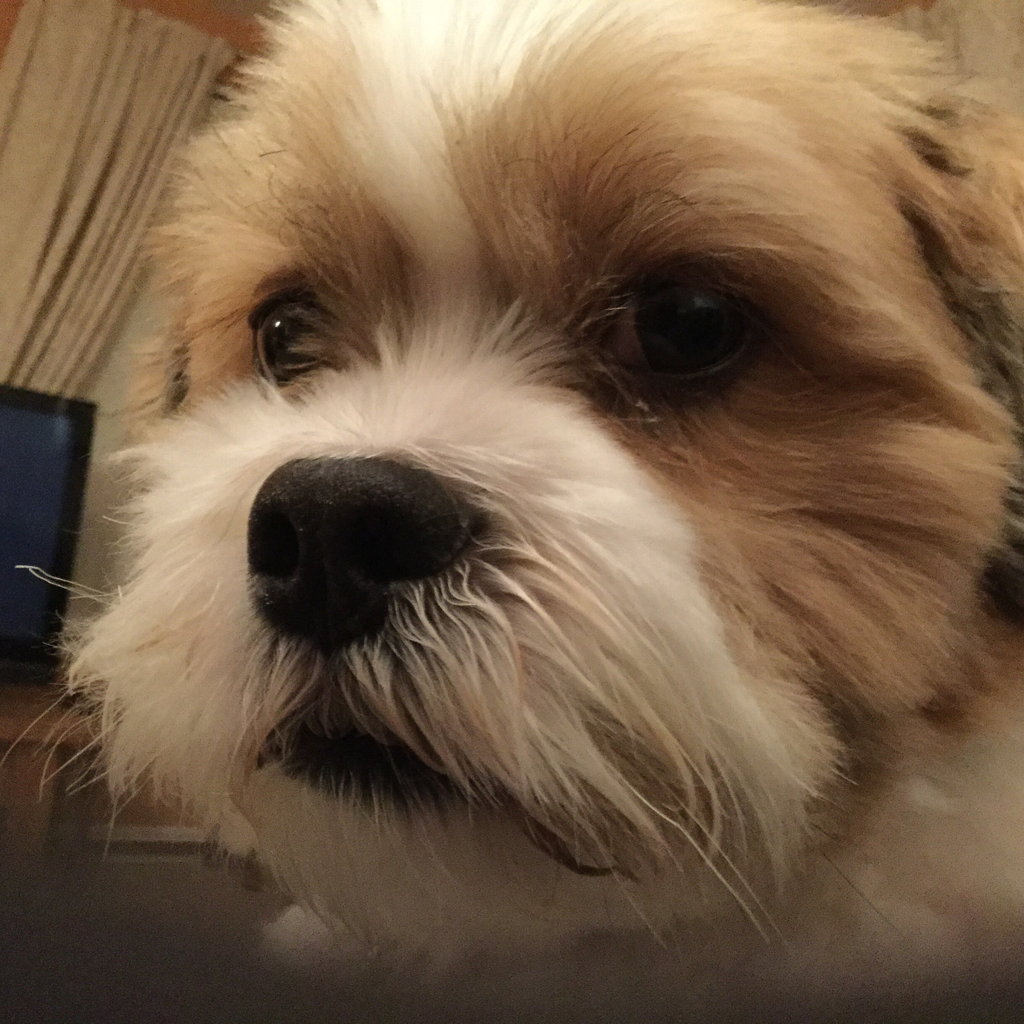
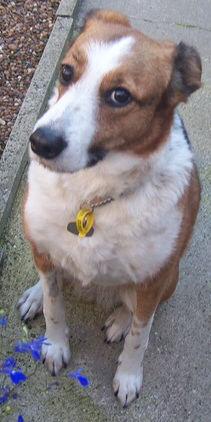
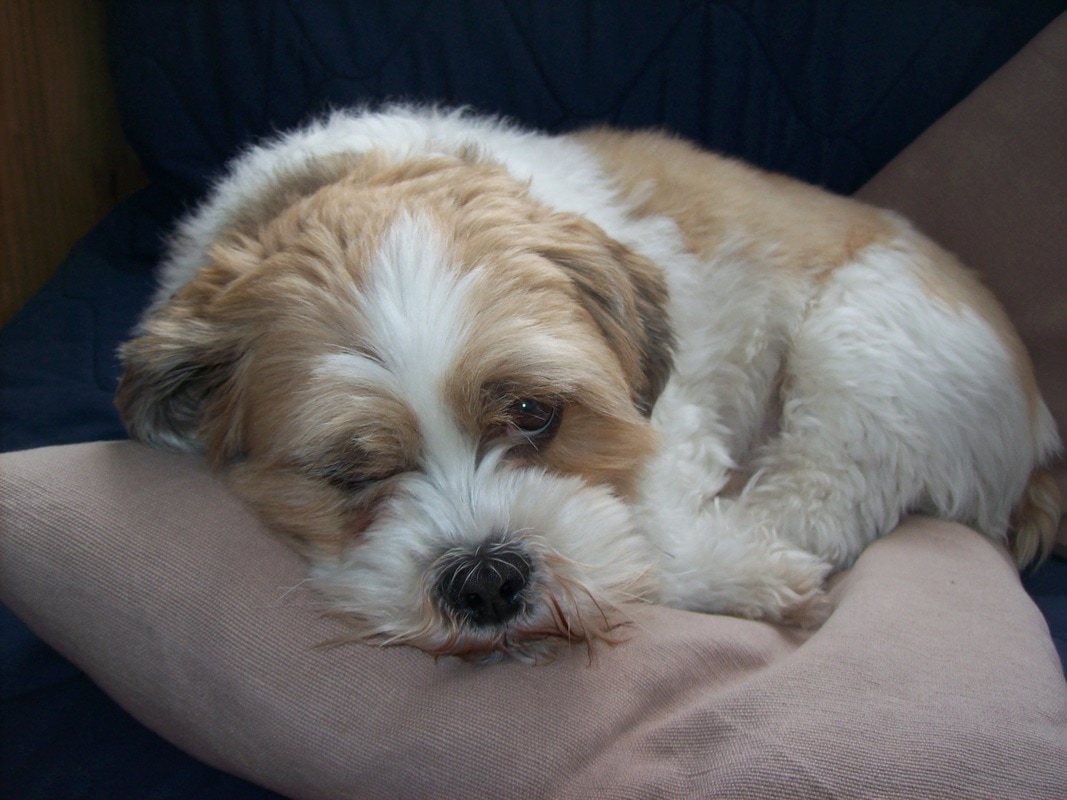

 RSS Feed
RSS Feed

